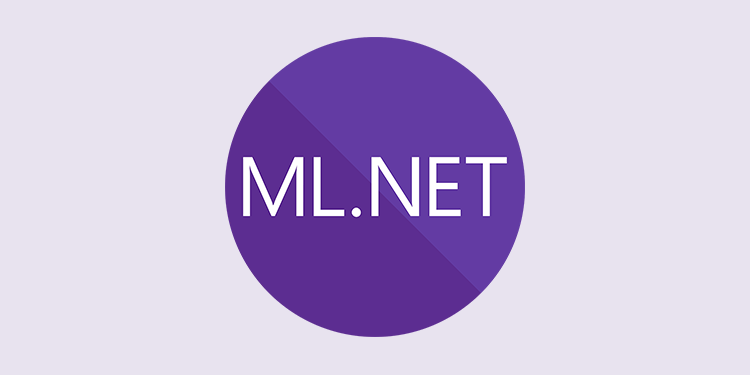Machine Learning in .Net
ML.NET is a free software machine learning library for the C# and F# programming languages. It also supports Python models when used together with NimbusML. The preview release of ML.NET included transforms for feature engineering like n-gram creation, and learners to handle binary classification, multi-class classification, and regression tasks. Additional ML tasks like anomaly detection and recommendation systems have since been added, and other approaches like deep learning will be included in future versions.
ML.NET brings model-based Machine Learning analytic and prediction capabilities to existing .NET developers. The framework is built upon .NET Core and .NET Standard inheriting the ability to run cross-platform on Linux, Windows and macOS.
Developers can train a Machine Learning Model or reuse an existing Model by a 3rd party and run it on any environment offline. This means developers do not need to have a background in Data Science to use the framework.
Build for .Net Developers
With ML.Net, you can use your existing skills to easily integrate ML into your existing .Net applications without any prior experience.
ML.Net Performance
Microsoft's paper on machine learning with ML.NET demonstrated it is capable of training sentiment analysis models using large datasets while achieving high accuracy. Its results showed 95% accuracy on Amazon's 9GB review dataset.
NimbusML Python support
Microsoft acknowledged that the Python programming language is popular with Data Scientists, so it has introduced NimbusML the experimental Python bindings for ML.NET. This enables users to train and use machine learning models in Python. It was made open source similar to Infer.NET.
ML.Net capabilities
- Sentiment Analysis - Analyse sentiment of customer review using binary classification algorithm.
- Product recommendation - Recommends products based on purchase history using a matrix factorization algorithm.
- Price prediction - Predict taxi fare based on parameters such as distance traveled using regression algorithm.
- Customer segmentation - Identify group of customers with similar profiles using clustering algorithm.
- Object detection - Recognize objects in an image using an ONNX deep learning model.
- Fraud detection - Detect fraudulent credit card transaction using a binary classification algorithm.
- Sales spike detection - Detect spikes and changes in product sales using an anomaly detection model.
- Image classification - Classify images using TensorFlow deep learning model.
- Sales forecasting - Forecast further sales for product using a regression algorithm.





